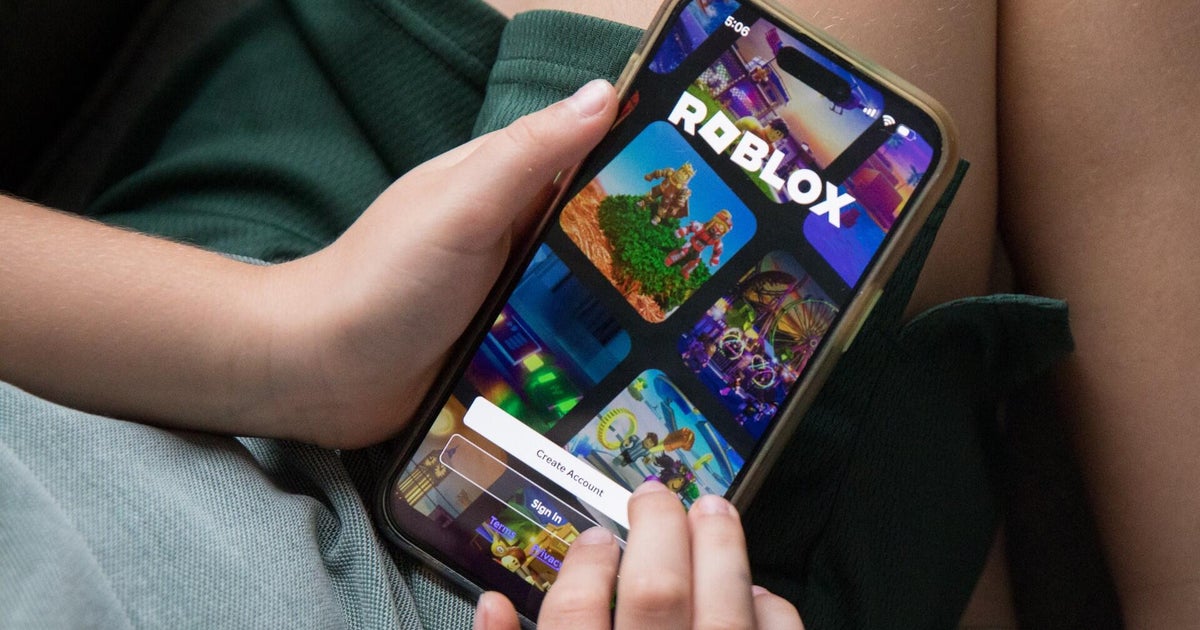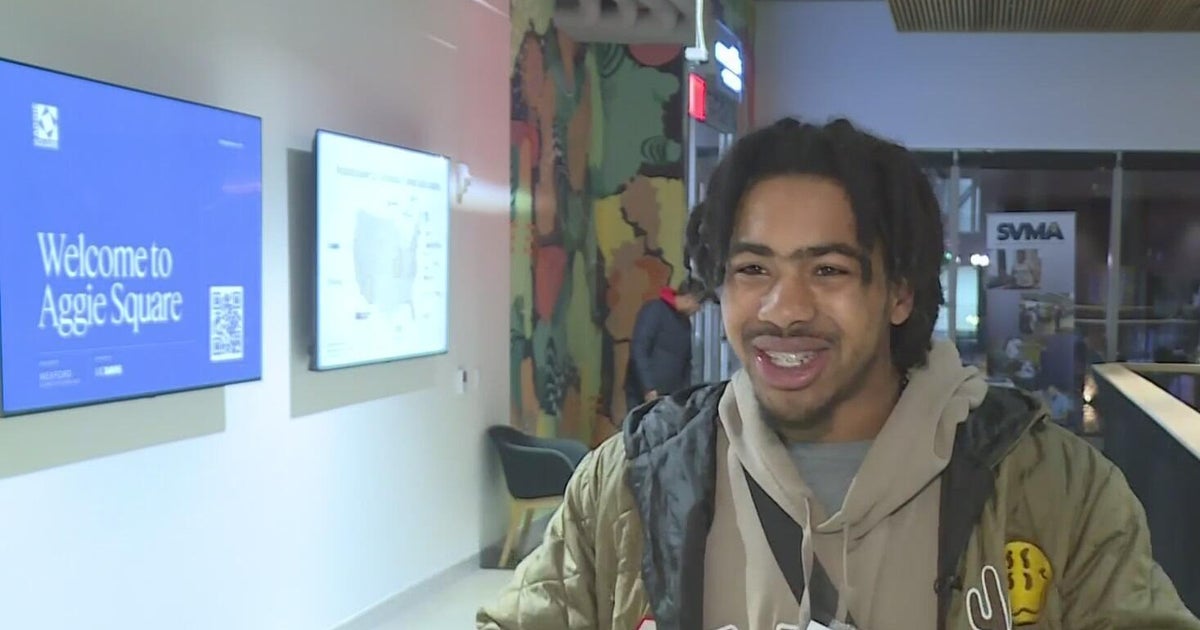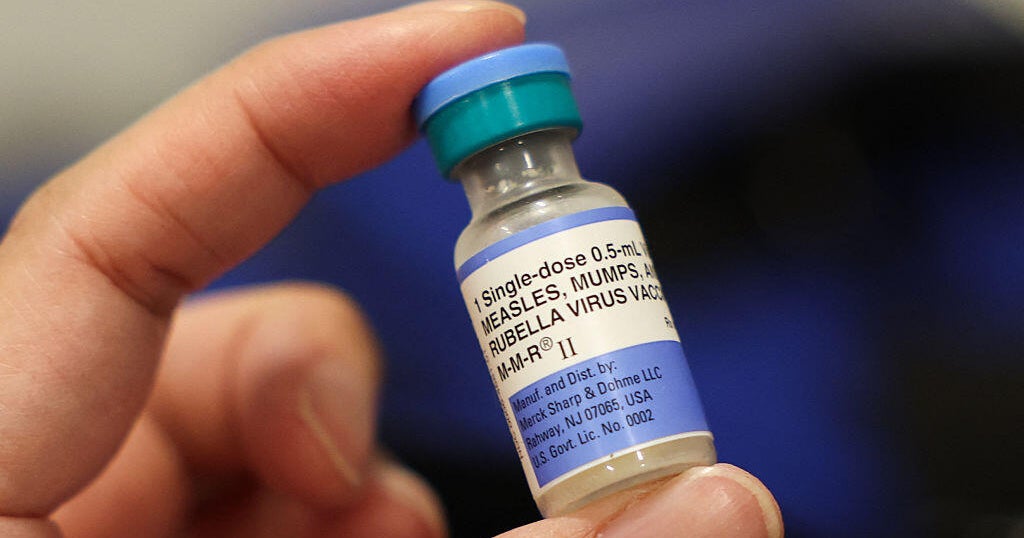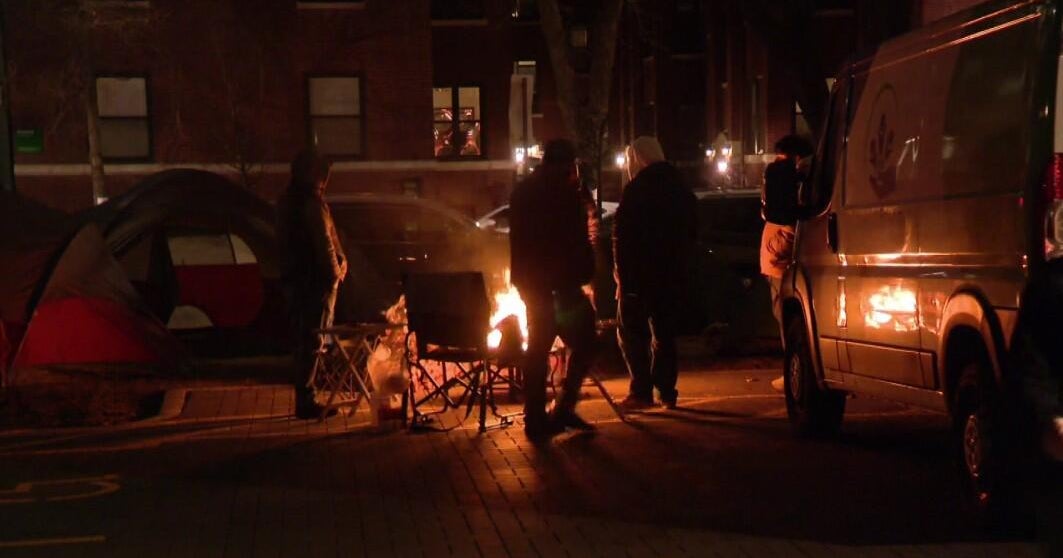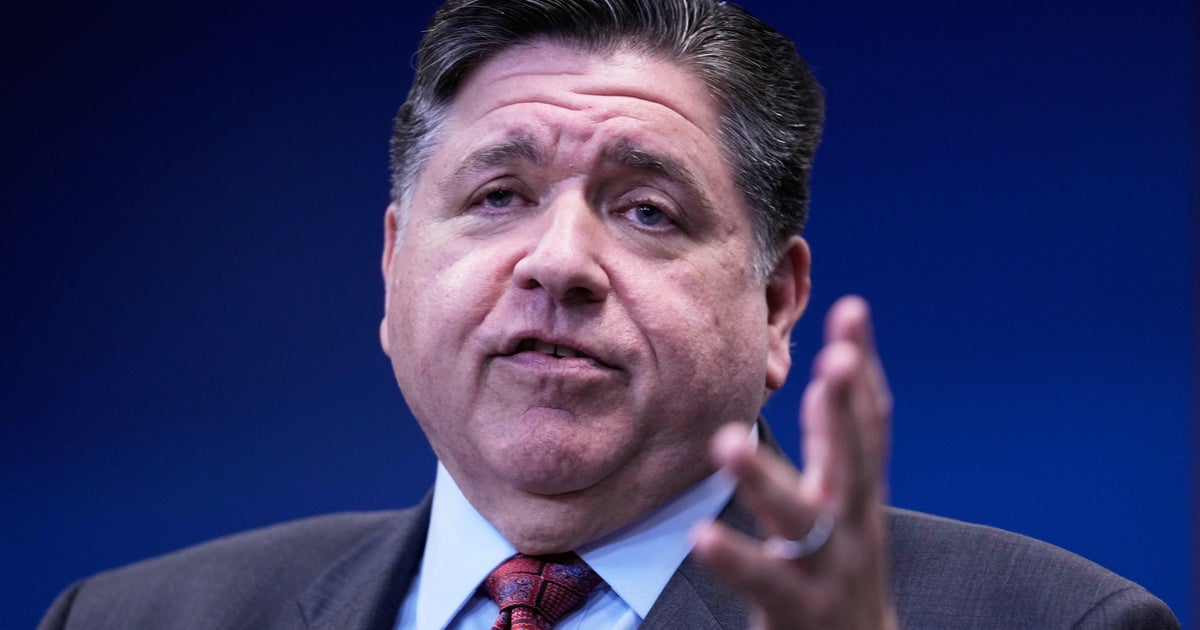Social Media Use Linked To Sleep Disturbances
PITTSBURGH (KDKA) -- Young adults who spend a lot of time on social media during the day, or check it frequently throughout the week are more likely to suffer sleep disturbances according to a new study.
The University of Pittsburgh School of Medicine found that doctors should now consider asking young adult patients about social media habits when assessing sleep issues.
"This is one of the first pieces of evidence that social media use really can impact your sleep," said lead author Jessica C. Levenson, Ph.D., a postdoctoral researcher in Pitt's Department of Psychiatry. "And it uniquely examines the association between social media use and sleep among young adults who are, arguably, the first generation to grow up with social media."
Pitt researchers sampled 1,788 U.S. adults ages 19 through 32, using questionnaires to determine social media use and an established measurement system to assess sleep disturbances.
The questionnaires asked about the 11 most popular social media platforms including Facebook, Twitter, YouTube, Google Plus, Instagram, Snapchat, Reddit, Tumblr, Pinterest, Vine, and LinkedIn.
On average, the participants used social media a total of 61-minutes per day and visited various social media accounts 30-times per week.
The assessment showed that nearly 30 percent of the participants had high levels of sleep disturbance.
Join The Conversation On The KDKA Facebook Page
Stay Up To Date, Follow KDKA On Twitter
The study also found that those who reported most frequently checking social media throughout the week had three times the likelihood of sleep disturbances, compared with those who checked least frequently.
"This may indicate that frequency of social media visits is a better predictor of sleep difficulty than overall time spent on social media," Dr. Levenson explained. "If this is the case, then interventions that counter obsessive 'checking' behavior may be most effective."
The study found that social media could disrupt sleep in the following ways.
Displacing sleep, such as when a user stays up late posting photos on Instagram.
Promoting emotional, cognitive, or physiological arousal, such as when engaging in a contentious discussion on Facebook.
Disrupting circadian rhythms through bright light emitted by the devices used to access social media accounts.
More on the study will be published in the April issue of the journal Preventive Medicine.



